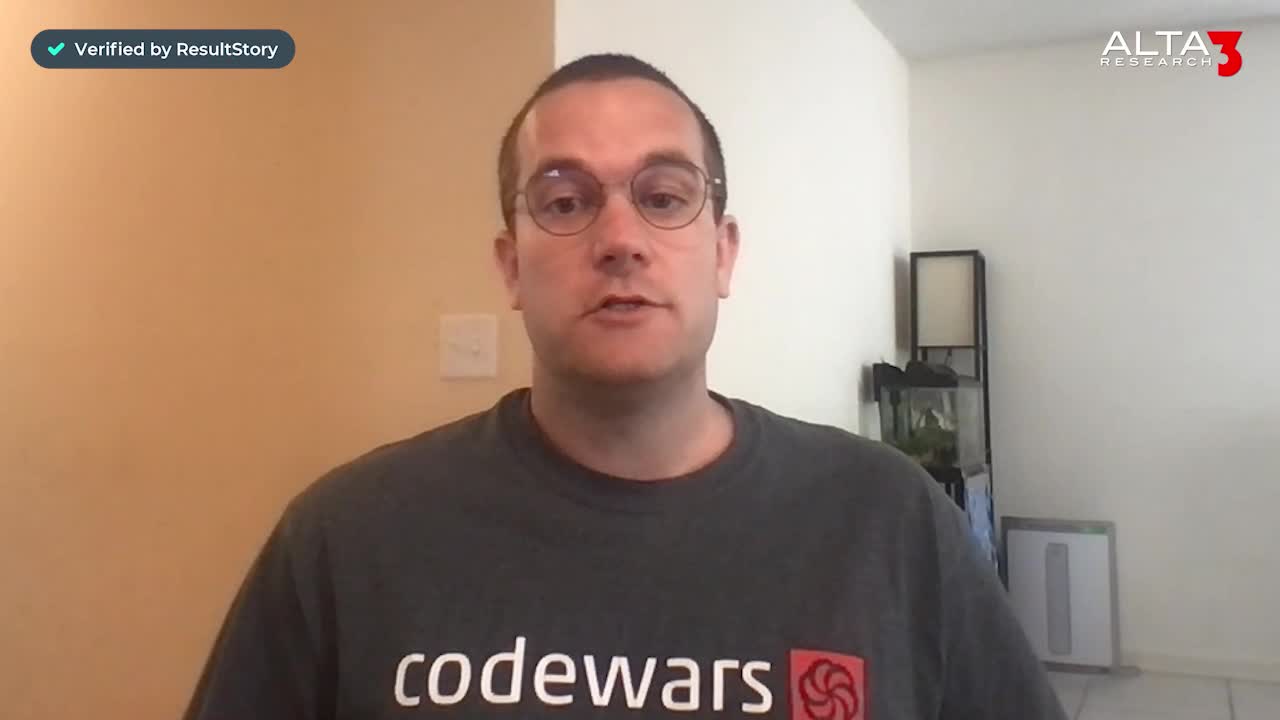Exploring Robotic Process Automation (RPA)
Master the art of Robotic Process Automation with our hands-on UiPath-focused course, designed for developers aiming to boost efficiency and achieve maximum ROI through advanced automation techniques.

Essential Skills Gained

Understand the fundamentals of Robotic Process Automation and its business impacts

Design and implement automation tasks using UiPath Studio

Debug and handle exceptions in RPA processes effectively

Deploy and manage bots using UiPath Orchestrator for seamless integration
Format
- Instructor-led
- 3 days with lectures and hands-on labs.
Audience
- Intermediate Developers
- Automation Engineers
- IT Professionals
- Business Analysts interested in Automation
Description
Robotic Process Automation (RPA) enables automating business processes using software robots. Software robots interpret, trigger responses, and communicate with other systems just like humans do. Robotic processes and intelligent automation tools can help businesses improve the effectiveness of services faster and at a lower cost than current methods. Exploring RPA | Robotic Process Automation is a lab intensive, hands-on course that provides participants with an excellent foundation for their automation journey, with a special focus on one of the most popular RPA tools: UiPath. Robotic Process Automation takes you on a journey from understanding the basics of RPA to advanced implementation techniques. You will become oriented in the UiPath interface and learn about its workflow. Once you are familiar with the environment, we will get hands-on with automating different applications such as Excel, SAP, Windows and web applications, screen and web scraping, working with user events, as well as understanding exceptions and debugging. By the end of the course, you'll not only be able to build your first software bot, but also, you'll wire it to perform various automation tasks with the help of best practices for bot deployment.
Upcoming Course Dates
No upcoming dates. Please check back later.
Course Outline
Download PDFWhat is Robotic Process Automation?
Scope and techniques of automation
Robotic process automation
About UiPath
The future of automation
Record and Play
UiPath stack
Downloading and installing UiPath Studio
Learning UiPath Studio
Task recorder
Step-by-step examples using the recorder
Sequence, Flowchart, and Control Flow
Sequencing the workflow
Activities
Control flow, various types of loops, and decision making
Step-by-step example using Sequence and Flowchart
Step-by-step example using Sequence and Control flow
Data Manipulation
Variables and scope
Collections
Arguments – Purpose and use
Data table usage with examples
Clipboard management
File operation with step-by-step example
CSV/Excel to data table and vice versa (with a step-by-step example)
Taking Control of the Controls
Finding and attaching windows
Finding the control
Techniques for waiting for a control
Act on controls – mouse and keyboard activities
Working with UiExplorer
Handling events
Revisit recorder
Screen Scraping
When to use OCR
Types of OCR available
How to use OCR
Avoiding typical failure points
Tame that Application with Plugins and Extensions
Terminal plugin
SAP automation
Java plugin
Citrix automation
Mail plugin
PDF plugin
Web integration
Excel and Word plugins
Credential management
Extensions – Java, Chrome, Firefox, and Silverlight
Handling User Events and Assistant Bots
What are assistant bots?
Monitoring system event triggers
Monitoring image and element triggers
Launching an assistant bot on a keyboard event
Exception Handling, Debugging, and Logging
Exception handling
Common exceptions and ways to handle them
Logging and taking screenshots
Debugging techniques
Collecting crash dumps
Error reporting
Managing and Maintaining the Code
Project organization
Nesting workflows
Reusability of workflows
Commenting techniques
State Machine
When to use Flowcharts, State Machines, or Sequences
Using config files and examples of a config file
Integrating a TFS server
Deploying and Maintaining the Bot
Publishing using publish utility
Overview of Orchestration Server
Using Orchestration Server to control bots
Using Orchestration Server to deploy bots
License management
Publishing and managing updates
Your Team has Unique Training Needs.
Your team deserves training as unique as they are.
Let us tailor the course to your needs at no extra cost.
See What Other Engineers Are Saying
Trusted by Engineers at:
and more...

Aaron Steele

Casey Pense

Chris Tsantiris

Javier Martin

Justin Gilley

Kathy Le

Kelson Smith

Oussama Azzam

Pascal Rodmacq

Randall Granier

Aaron Steele

Casey Pense

Chris Tsantiris

Javier Martin

Justin Gilley

Kathy Le

Kelson Smith

Oussama Azzam

Pascal Rodmacq

Randall Granier